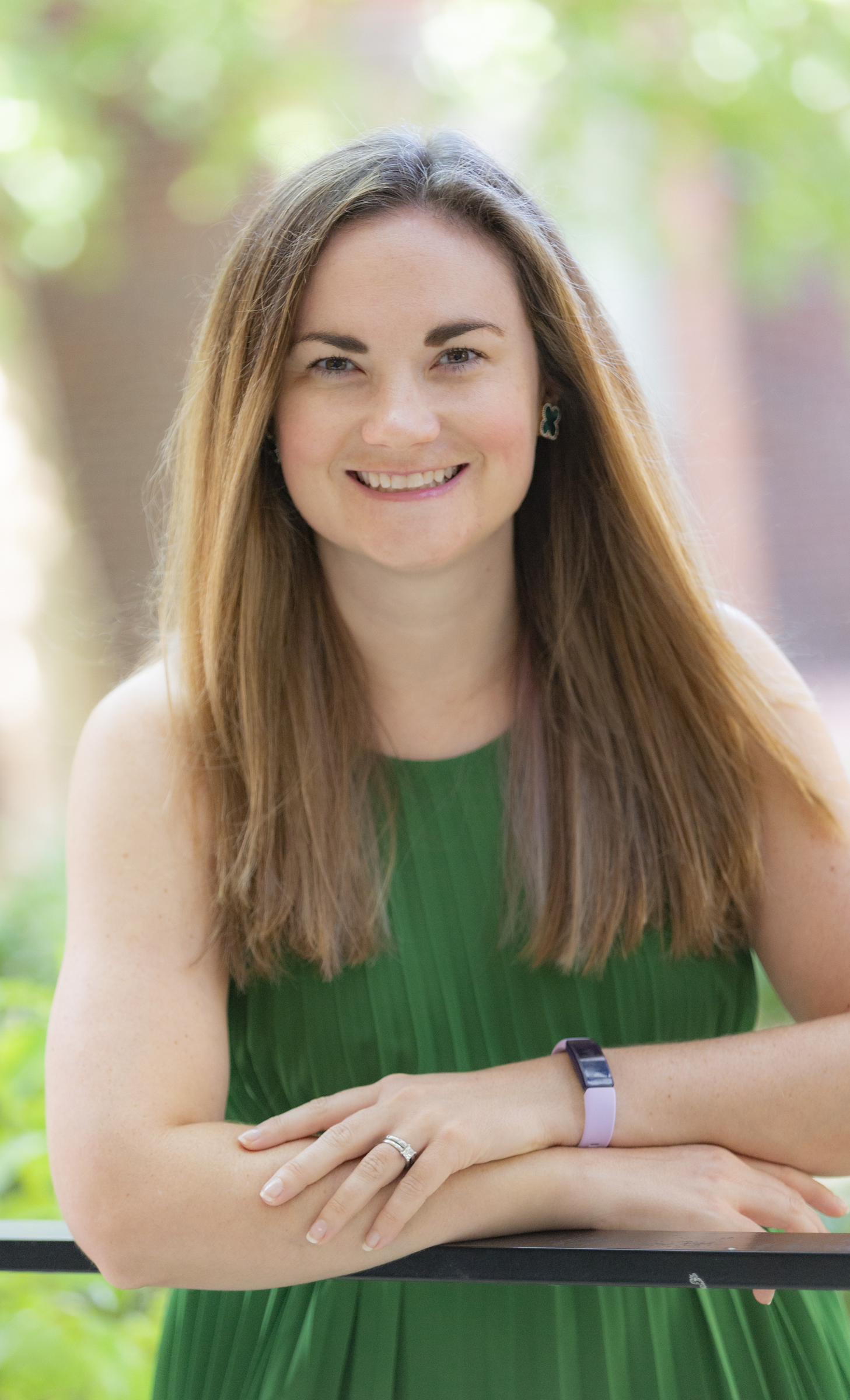The best of both worlds: Professor Ashley Shaw on teaching and clinical practice
October 28, 2022
 Courtesy Bowdoin College
Courtesy Bowdoin CollegeWorking one profession is a time consuming and challenging endeavor. For many, voluntarily adding another to the list is out of the question. This is not the case for Visiting Assistant Professor of Psychology Ashley Shaw, who treats patients as a clinical psychologist in addition to teaching at the College.
Shaw became a registered clinical psychologist three years ago but began her training 11 years ago. She believes that clinical work and teaching go hand in hand, which is why she chose to work both professions simultaneously. Clinical work informs her teaching and, inversely, teaching gives her the latest relevant information to inform her patients’ care.
“I have the pleasure of teaching a senior seminar on anxiety and related disorders across the lifespan, so I have been reading all the latest literature on the topics, and I’m hopeful that I can find things that I can apply in my clinical work with actual patients,” Shaw said.
Balancing two jobs means that time management is crucial for Shaw.
“Anytime you’re dealing with multiple hats, you have the idea ahead of time that you’re going to really put it into boxes. For example, there’s going to be one time that you’re going to see all of your patients one day,” Shaw said. “But it ends up being a little bit haphazard. So, on any given week lately, I’ve been seeing between one and three patients per week and they happen to never be on the same day.”
Growing up, Shaw felt called to be a supportive ear for others and offer advice as needed. As an undergraduate, her passion for helping others motivated her to pursue a psychology degree. She discovered her niche through her then favorite class, abnormal psychology, and in her junior year, worked as an applied behavior analyst for a child with autism.
“Both of those experiences solidified my interest in going into the clinical psychology path. I did another research assistantship after college and then ended up in graduate school,” Shaw said.
Shaw encouraged students who are considering studying psychology or applying to clinical psychology graduate school programs to continue on this path.
“There’s a huge mental health need out there, so whether people go into my exact career path, or they go into the master’s level clinician—especially for people interested in being clinicians—I think there’s such a great need for that,” Shaw said.
The psychology department, in Shaw’s opinion, provides a diverse and holistic approach to psychology. Shaw said there’s a misconception that a background in psychology limits career opportunities to research positions; she explained that a well-informed research background ensures that students accurately interpret psychological literature without drawing false conclusions. A psychology degree, in Shaw’s opinion, opens up a wide variety of career paths that don’t involve research.
“I think that one should be flexible and open to the idea that psychology can be relevant to a number of different career paths,” Shaw said. “For example, I had a colleague that majored in psychology and did the same job right after college as I did, but ended up getting her master’s in public health. Psychology can set you up for a number of careers in both healthcare and human resources and I think it can be pretty applicable across the board.”
Shaw said that her favorite part of her career is engaging and mentoring students, especially those motivated by similar pathways to those she embarked on herself.
Students who are interested in taking a class with Shaw next semester will have the option of registering for Abnormal Psychology, a class that is offered this fall semester. She will also be teaching a clinical psychology lab course where students develop and conduct individual research projects.

Comments
Before submitting a comment, please review our comment policy. Some key points from the policy: